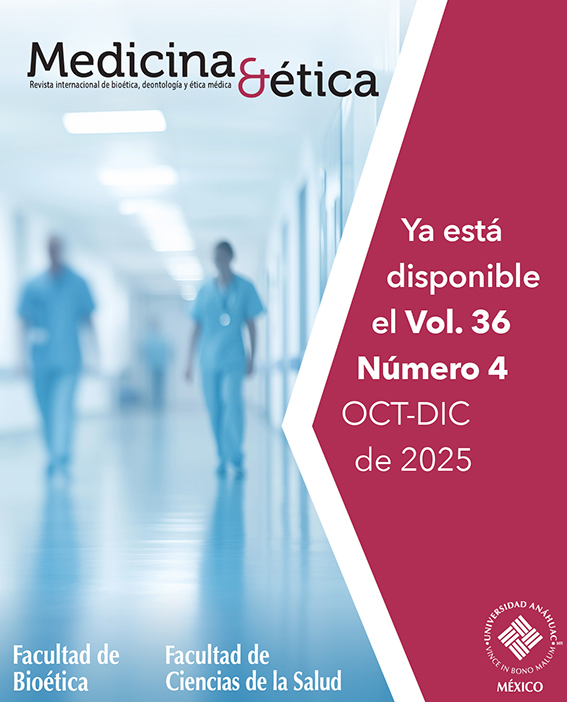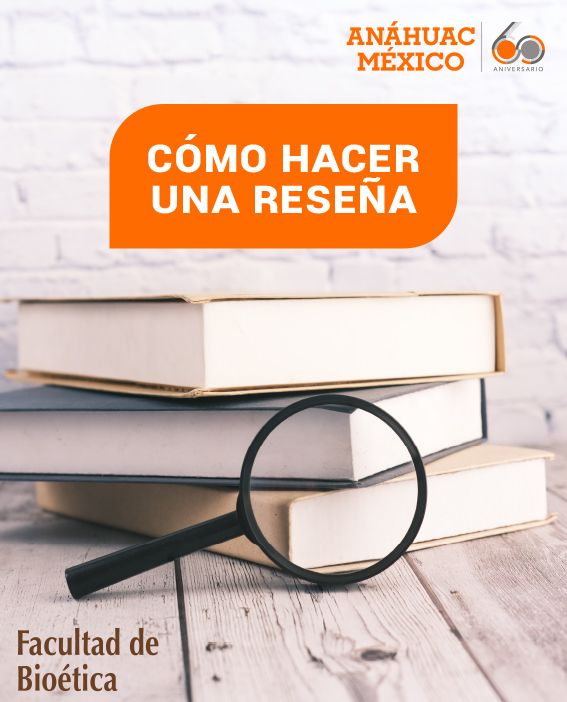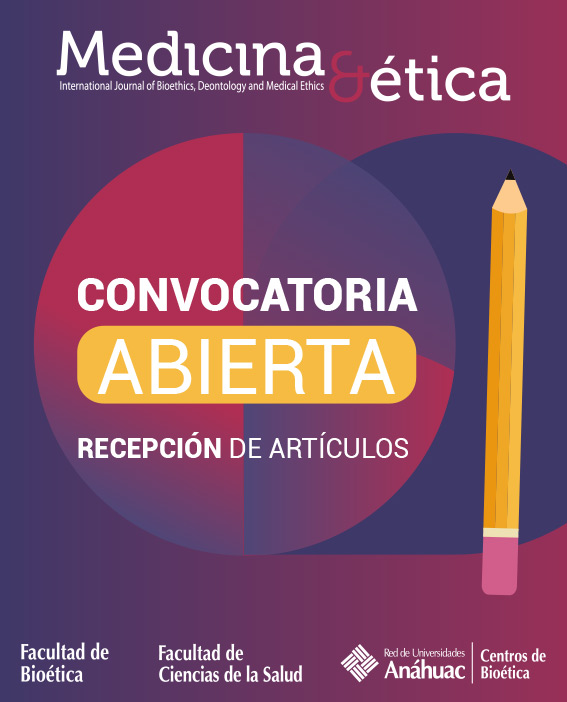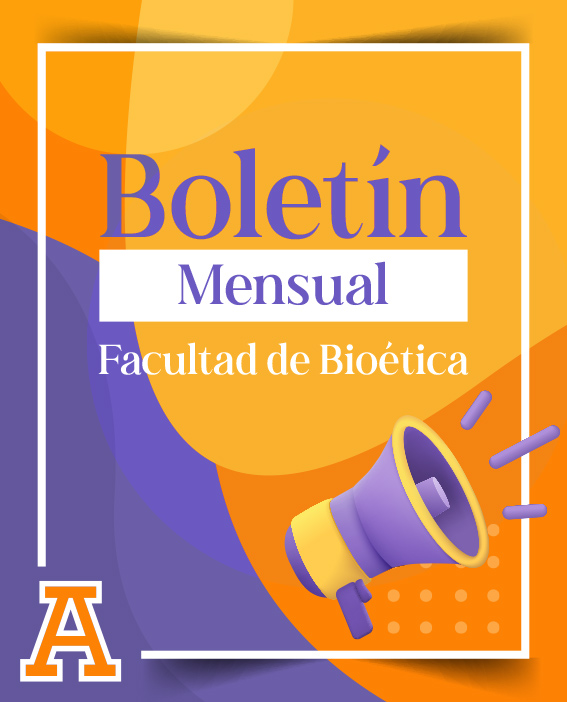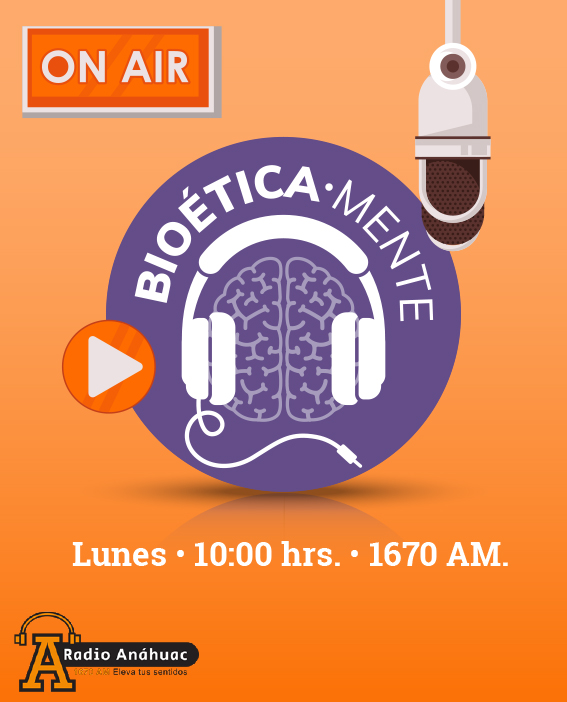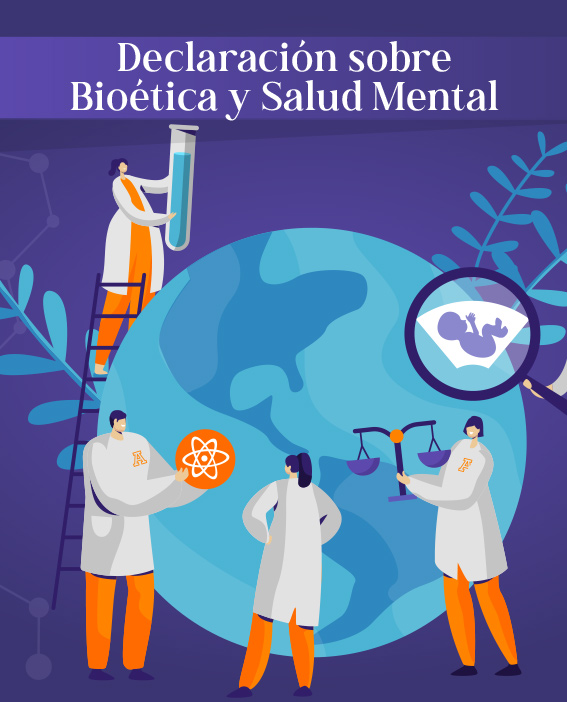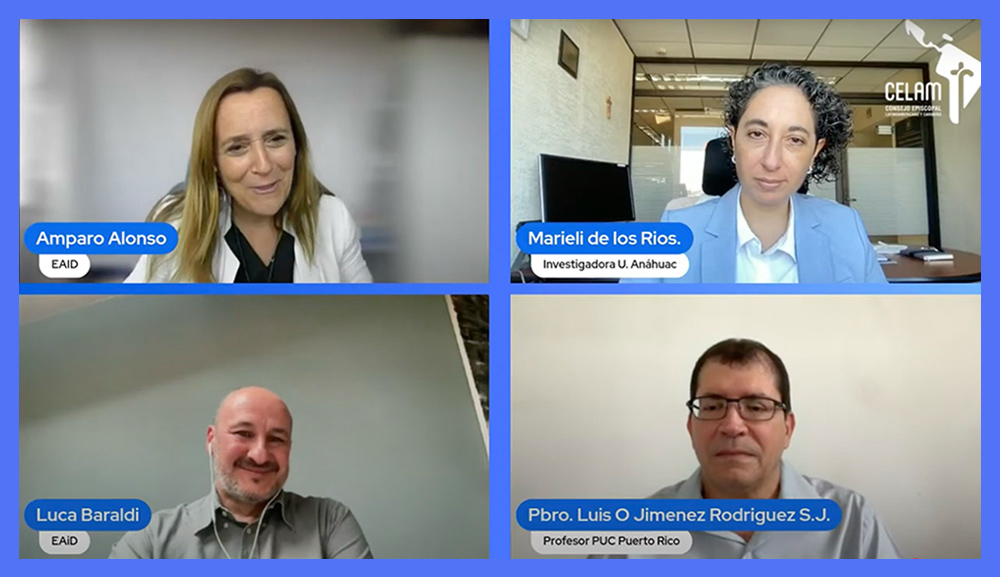
The research coordinator of the School of Bioethics participated alongside other experts in a webinar organized by EAiD and CELAM, which reflected on the risks and opportunities of AI in economics, health, politics, education, labor, the environment, and human rights.
On May 19, 2025, the webinar "Ethics of Artificial Intelligence" was held, a space for interdisciplinary dialogue organized by the Ethics Association of Artificial Intelligence (EAiD) and the Latin American Episcopal Council (CELAM), a meeting that addressed the profound ethical, social and anthropological challenges posed by the implementation of artificial intelligence (AI) in Latin America and the Caribbean, bringing together speakers of high academic and ecclesial level.
Among the participants are Monsignor Vincenzo Paglia, president of the Pontifical Academy for Life; Dr. Luis Jiménez S.J., engineer and doctor of theology, and professor at the Pontifical Catholic University of Puerto Rico and the Pontifical Javeriana University of Colombia; Dr. María Elizabeth de los Ríos Uriarte, research coordinator at the School of Bioethics at Anáhuac University in Mexico; Emilce Cuda, secretary of the Pontifical Commission for Latin America; Dr. Guillermo Sandoval, director of the Knowledge Management Center at CELAM; and Luca Baraldi, an artificial intelligence expert at EAiD.
This event also served as a platform for the presentation of the document Artificial Intelligence: A View from Latin America and the Caribbean, prepared by CELAM's technological frontier group. It also offers an in-depth and contextualized reflection on the implications of AI in the region.
Dr. María Elizabeth de los Ríos emphasized that no scientific or technological development is neutral, as it responds to particular interests that can violate fundamental rights. Therefore, it is urgent that AI be built on an ethic that puts the human person at its center, so that this technology can serve the human person in economics, healthcare, education, and politics.
On the economic front, she warned about the effects of automation, rising inequality, and the dominance of digital platforms with monopolistic practices, while on the political front, she discussed the manipulation of public opinion, the concentration of power, misinformation, and digital illiteracy. She also analyzed how this technology can threaten fundamental rights through mass surveillance, the lack of algorithmic transparency, and the difficulty in assigning accountability.
Regarding health, concerns were expressed about the depersonalization of the doctor-patient relationship, algorithmic biases, and associated privacy risks. Regarding education, the possibility of replacing critical thinking with simulations lacking in depth was highlighted. Regarding work, the radical transformation of human labor, the precariousness of employment, and the urgent need to regulate new forms of employment were analyzed. Finally, the ecological challenge posed by AI's digital footprint was emphasized, including energy consumption, mineral exploitation, and the displacement of indigenous communities.
This meeting represented a valuable opportunity to rethink the role of artificial intelligence in our societies from an ethical and human perspective.
To access the full conference and learn more about the shared reflections, we invite you to watch the webinar at the following link: https://www.youtube.com/live/yFqn2HQMeyM?si=aJIxRy0MYFIibhgQ
More information:
MPSS Ana Sofía García Hazas
MPSS Camile Bertrand Carpio
Facultad de Bioética
bioética@anahuac.mx

